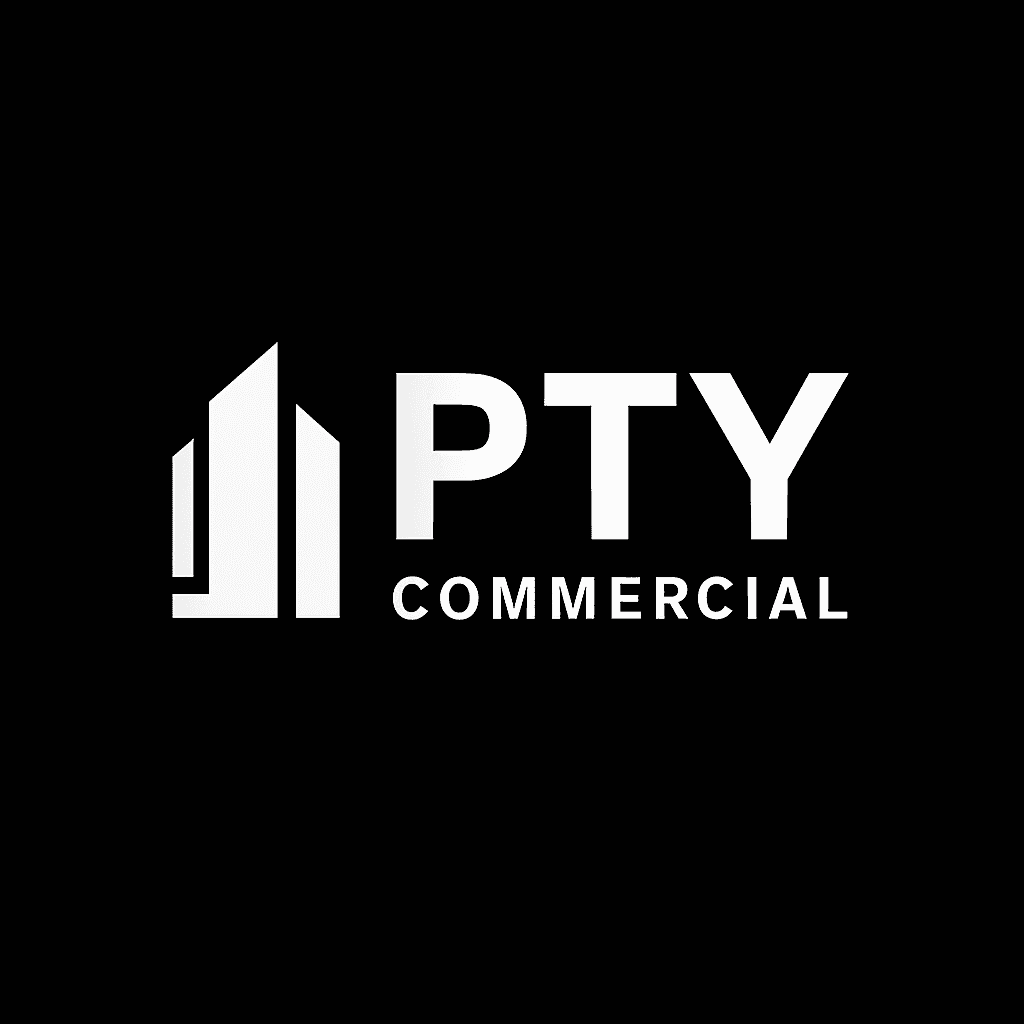Seasonal Trends in Commercial Real Estate: Adapting to Market Shifts in DC
PC
Understanding Seasonal Trends in Commercial Real Estate
Commercial real estate in Washington, D.C., like many other markets, experiences distinct seasonal trends that can impact both investors and businesses. Recognizing and adapting to these shifts is crucial for maximizing opportunities and mitigating risks. While some trends are predictable, others may fluctuate due to various factors, including economic conditions and policy changes.
One of the most notable seasonal patterns is the increased activity in the spring and fall. These seasons are often preferred for property transactions due to favorable weather conditions, which facilitate site visits and inspections. As a result, buyers and sellers are more active, leading to a competitive market environment.

The Impact of Policy Changes
Washington, D.C.'s unique status as the nation’s capital means that policy changes can have a significant influence on its commercial real estate market. Legislation related to taxation, zoning laws, and economic incentives can alter market dynamics rapidly. For example, tax incentives for green buildings can drive demand for eco-friendly office spaces, especially during times when environmental policies are at the forefront of the political agenda.
To stay ahead, investors and real estate professionals should keep abreast of local government announcements and proposed legislation. Being informed allows stakeholders to anticipate market shifts and make strategic decisions that align with new regulations.

Economic Factors and Their Influence
Economic conditions play a pivotal role in shaping seasonal trends in the commercial real estate market. Factors such as interest rates, employment rates, and consumer confidence can influence market activity. For instance, a rise in interest rates during the winter months might slow down investment activities due to increased borrowing costs.
Businesses looking to lease commercial spaces often align their decisions with economic forecasts. During periods of economic growth, there is typically a higher demand for office spaces, retail units, and industrial properties. Conversely, economic downturns might lead to increased vacancy rates and more favorable negotiating terms for tenants.

Technological Advancements and Market Adaptation
Technological advancements are reshaping how real estate transactions are conducted, further influencing seasonal trends. The adoption of virtual tours and online transaction platforms has made it easier for investors and businesses to explore opportunities year-round, reducing the impact of seasonal slowdowns.
Moreover, data analytics tools are becoming essential for predicting market trends and making informed decisions. By leveraging big data, real estate professionals can identify patterns and anticipate shifts, allowing them to adjust their strategies in real-time.
Adapting Strategies for Success
To successfully navigate the seasonal trends in D.C.'s commercial real estate market, stakeholders should consider the following strategies:
- Monitor Market Indicators: Regularly track economic indicators and policy changes to remain informed about potential market shifts.
- Leverage Technology: Utilize digital tools and platforms to enhance market analysis and streamline transactions.
- Plan Ahead: Anticipate peak seasons and prepare marketing strategies in advance to capitalize on increased market activity.
By implementing these strategies, investors and businesses can better position themselves to adapt to the evolving market landscape in Washington, D.C.

Conclusion
The commercial real estate market in Washington, D.C. is dynamic, with seasonal trends influenced by a myriad of factors ranging from economic conditions to technological advancements. Understanding these patterns and adapting strategies accordingly can provide significant advantages in this competitive market. By staying informed and leveraging modern technologies, stakeholders can navigate these changes successfully and capitalize on emerging opportunities.
